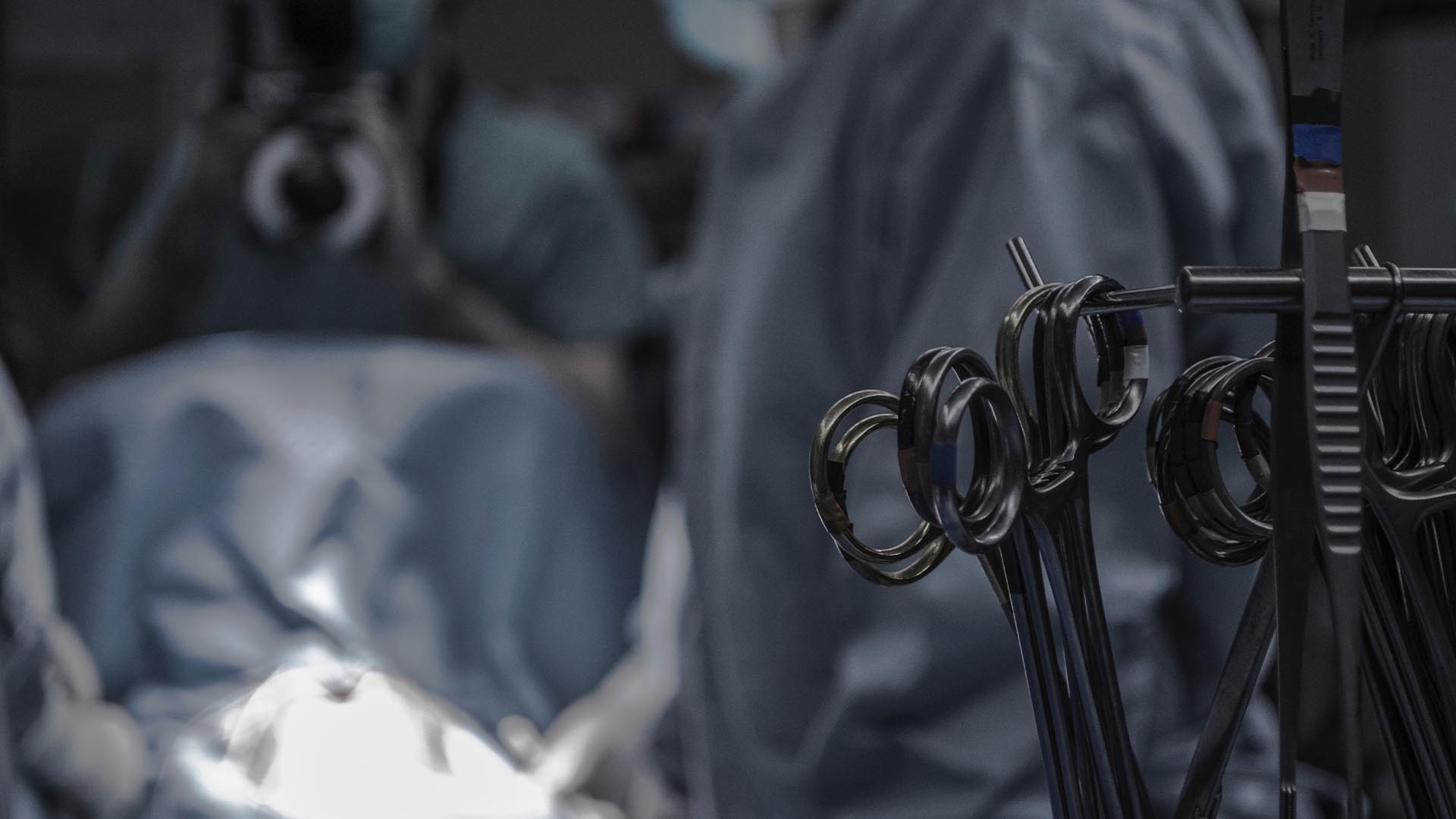When Surgery Goes Wrong
Author(s): Aleks Mladenovic
September 25, 2023

Every surgery comes with some risk. Even the most straightforward elective procedure can result in terrible complications.
Some surgical complications just “come with the territory,” meaning they are inherent risks of the procedure itself or the anesthesia and can’t be avoided, even with assiduous care and attention by the surgical team.
However, some surgical complications are the result of negligence by the surgeon, anesthetist, or another surgical team member.
Mistakes can happen in any surgery, but unfortunately, when a mistake is made, it’s always the patient who pays the price.
What Happened During My Surgery?
Clients often come to me wanting the answer to a simple question, “How could this have happened?”
It’s often puzzling and infuriating, particularly if the patient feels their surgeon hasn’t given them an honest explanation. Unfortunately, this is an all-too-frequent complaint.
In the absence of an honest explanation from the surgeon, how is a patient to know whether the surgical complications that befell them were the result of surgical malpractice rather than something that was a known risk of the procedure?
This is a complex and perplexing question that almost all patients who have suffered surgical complications contemplate at one point or another. This question can rarely, if ever, be answered by the patient himself/herself because, in almost all cases, the patient is under anesthesia during the surgery, and his/her family members are waiting anxiously in another part of the hospital.
Unless the procedure was being video-recorded (which is very rare), the only people who will ever have firsthand knowledge about what happened during surgery are the surgeons themselves and/or the other surgical team members.
In an ideal world, the surgeons and their team members would admit to making a mistake.
Indeed, healthcare providers have a professional obligation to admit mistakes and adverse events to their patients.
Unfortunately, medical professionals are not always as forthcoming as we would want them to be. In some cases, the surgeon may simply be so incompetent that he/she didn’t even recognize the mistake that was made and may even brush it aside as a known risk of the procedure.
The Difference Between Surgical Negligence And Surgical “Misadventure”
Not all surgical complications are caused by surgical error. And even some complications that are caused by surgical error are not necessarily caused by negligent mistakes.
Surgeons, anesthetists and surgical nurses are allowed to make honest mistakes without having to answer for them in court, even when those mistakes lead to horrible complications for the patient. That is to say, not all surgical errors constitute surgical malpractice.
In order to be compensable as surgical malpractice, the surgical error has to rise to the level of a breach of the standard of care, meaning the mistake is not one that a competent doctor or nurse, acting reasonably, would have made in the circumstances.
If an error is one that even a reasonable doctor or nurse, acting reasonably, could commit, this is called surgical “misadventure,” which admittedly is an unfortunate way of saying “stuff happens.” Surgical “misadventure” is not malpractice.
It will be cold comfort to a patient who has experienced a surgical complication to tell them that it was simply a “misadventure,” but that’s the terminology our courts have adopted to distinguish excusable surgical errors from negligent ones.
That’s one of the challenging aspects of proving a surgical malpractice case in court. The patient’s medical malpractice lawyer has to demonstrate that the error at issue rises to a level beyond a mere “misadventure” and that it actually constitutes negligence. In these cases, it’s important to hire an experienced medical malpractice lawyer — someone who has litigated these cases and won.
Thomson Rogers’ medical malpractice lawyers have a proven track record of successfully litigating surgical malpractice cases. Our firm has been fighting for patients and winning for nearly 90 years.
We are industry leaders and know what it takes to succeed in even the most complex surgical negligence cases.
- Read my successful trial decision in the surgical negligence case of Shearer v. Sewchand.
- Read my successful trial decision in the surgical negligence case of Crump v. Fiture.
Proving Surgical Negligence
In order to determine if you or a family member was the victim of surgical malpractice, Thomson Rogers (also known as TR Law) will conduct a thorough investigation into your case. This will include the following steps:
- Obtaining and carefully reviewing all of the medical records in relation to the surgery, including the operative report, anesthesia records, and any subsequent records authored by the surgeons, anesthetists and/or nurses
- Retaining and speaking with qualified surgical experts to assess your case
- Researching the medicine and surgical techniques at issue to gain a full understanding of the details of your surgery
- Meeting with you before and after the malpractice investigation to explain the investigation process, the results of the investigation and the opinions of the expert we have retained
Litigating Your Case
If our investigation demonstrates that you have a viable case, our medical malpractice lawyers will work tirelessly to litigate your case to a successful resolution at no up-front cost to you. We’ll collect our fees only after we have settled your case or obtained a favourable verdict.
During the litigation, we will meet with you and prepare you for every step of the litigation process.
Consultations with our medical malpractice lawyers are always free and come with no obligation.
If you have questions about the surgical care you or a family member received, we can help you find the answers you deserve.
To schedule a free, no-obligation consultation with a TR Law Medical Malpractice lawyer, please directly contact the head of our Medical Malpractice Department, Aleks Mladenovic at 416-868-3204, [email protected], or Kate Cahill at 416-868-3120, [email protected].
Share this






